Of faith: Mother and memories
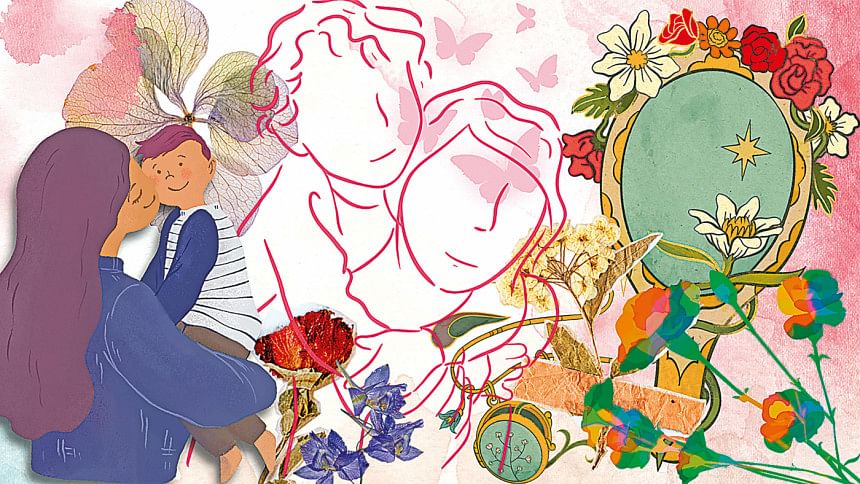
Back in 2006 at the age of 11, I was introduced to faith, in the most domestic way possible. My father appointed a long-bearded Hujur to make me religious two days a week. He would come every Friday and Saturday evening. After praying namaz together, I would loudly start chanting "Alif-Ba-Ta-Sa", while he ate toast biscuits dipped in water. Whenever I lowered my voice, my Hujur would insist that I maintained a loud chant, because it "brought blessings to the house". I assume, while one part of him wanted to bless our house, another part hoped that my father would be convinced that his son was becoming properly religious. Although my Hujur was a great story-teller, most of his fables invoked elements of horror. Sin and fires of Jahannam had been an important part of my theology lessons. In fact, those are the ones my Hujur loved describing the most. His mouth seemed to water as he narrated in great detail about the punishments of the sinner. The 70 times blazing flames would multiply into seven thousand times torrid through his stories of Jahannam. Quite vividly, he described how millions of snakes would chase me, for every grain of rice I had wasted. I don't know if I owed it to the vivid details he described in or my childhood imaginations, but in my head, I was always the burning sinner and my Hujur, the punisher.
One day I asked him about the peace of heaven. At first, he seemed a little perplexed but he responded by talking about the eternal serenity of heaven. He told me that I would get anything I desire in the heavens, especially the lascivious Hoors. I asked him, "What does eternal serenity mean and why would I want anything, if I am at peace?" He stayed silent for a while and told me, "First, you must avoid the sins of Duniya, then you can think about the peace of heaven." Although I was not convinced, I agreed because I was trying to be religious. Indeed, snakes would bite me, if I kept on asking these questions. So, my faith chose silence and slowly in turn, fear occupied its core. I began to pray quite a lot, and lived in fear all the time. I would often say "touba" to repent for my sins and I was repeatedly requesting God not to roast me in the grills of Jahannam. But my prayers lacked the most essential element that made them pure and honest. There was no feeling of love. I had no love for religion, neither for God. I was just a selfish young boy, trying to avoid getting grilled, because I was very much afraid.
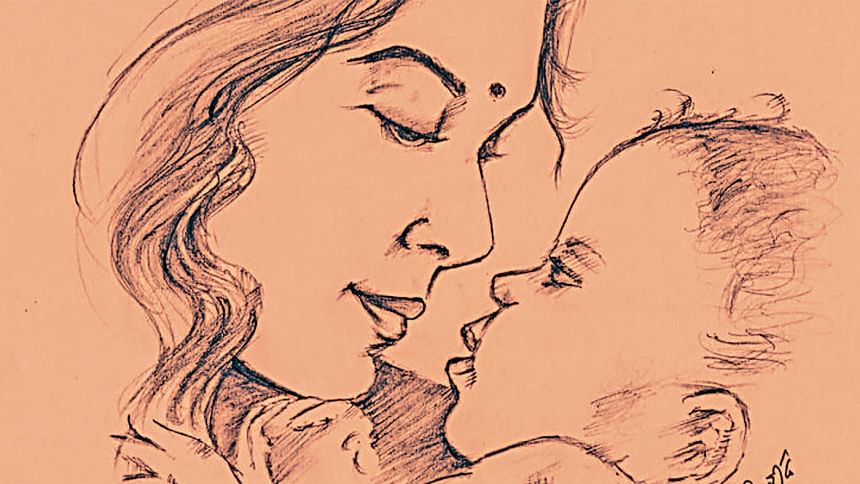
In July of 2019, my mother was diagnosed with last stage thymic cancer. The doctor somberly said, "She won't survive." In a very polite way, he also noted down all the reasons why she would not survive. But what he skillfully avoided mentioning was how she would not survive. The haunting task of living through this nightmare fell on me. In the span of three years, I saw my loving mother crumble into a mold of flesh. One by one, she began to lose all her senses. After the first cycle of chemotherapy, I observed the loss of her hair. I would see her staring at her bald-head in the mirror, crying. She would ask me, "Nipun, do I look beautiful?" I was frightened by the look of her, but I loved her so dearly, I did not hesitate to reply, "Ammu, you are the most beautiful woman in this world". I remember how my mother used to cradle me on her legs when I was a child—such strong and muscular legs she had. I also remember discovering the skinniest pair of legs under her maxi. She could no longer balance her own weight with those feeble pair of legs now. Her left-eye was slowly coming out of its orbit. A tumor in her brain had been pushing it out of its socket. Slowly, the spicy chicken curry of our home started getting stale. My mother was forgetting all her mouth-watering recipes. She couldn't remember the list of masalas on the kitchen shelf; on some beautiful sunny days, she could neither recognise me nor herself. As days passed, I started questioning my faith. It felt like hell was in my very own house. Cancer had become my punisher and midnight coughings announced its arrival. I associated the smell of medicine to the uncanny smell of Jahannam. My Hujur and his creatures were not there anymore but something more primitive took their place. And with the loss of fear, I also lost my faith.
On a cold winter night, I found faith again, however. It unveiled itself to me differently than it did before. That night, I heard my mother screaming in her room. I rushed there. Turning on the lights, I asked "Ammu what happened?" She woke up instantly. "Nipun, I think, I had a nightmare. Please turn on the lights", she said. Suddenly, a stretch of eternal silence stood between us. I was perplexed by her request, because the room was already lit. I had turned on the white fluorescent tube, quite some time ago. A sparkling tear-drop quietly rolled down from my cheeks but I was no longer afraid of my mother seeing it. I asked her, "What do you see? Can you see anything?" "It is all blurry", she answered. I lied to her, "It is midnight and dark, sleep tight now. Everything will be clear in the morning." What I couldn't tell her was that light did not matter anymore, the tumor had done its duty. Falsely assured, my mother went back to sleep like a child and I became her father; crying and stroking her head till she fell asleep.
Going back to my room, I could neither sleep nor relax. I kept tossing and turning on my bed until I found myself, sitting up late into the night. Suddenly, I took my prayer mat and started praying after all this time. I was pleading in guilt for my long absence. Although I was a pious boy before, somehow I had lost all of it. I neither had fear nor faith but one thing I had with all my heart, the undying love of a young boy for his dying mother. And somehow on that prayer mat, I felt accepted. I felt that God was actually listening to my prayers and blessing my love for my mother, because it was unshaken and so beautiful. As if He had blessed her with a sound sleep, for at least one peaceful night. 13 days later, beside a young guava tree, I had buried my dear, helpless mother under the infinite sky. All she was left with was eternal sleep, twinkling stars and a young guava tree.
KM Arefin is a faculty member at Bangladesh University of Professionals and a researcher of postcolonial Bengali literature. Reach him at [email protected].

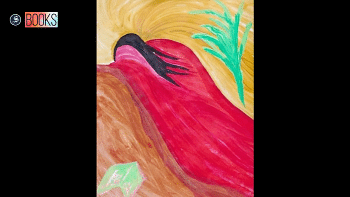
 For all latest news, follow The Daily Star's Google News channel.
For all latest news, follow The Daily Star's Google News channel. 




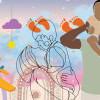


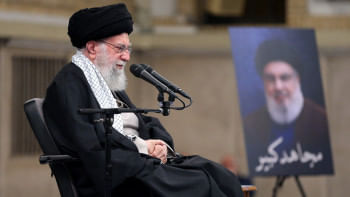
Comments